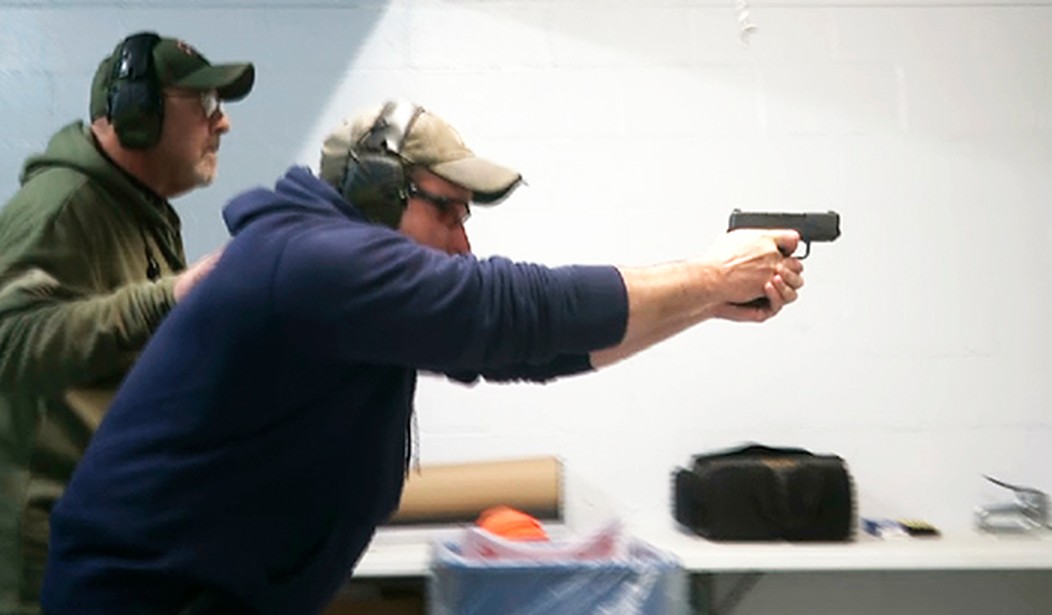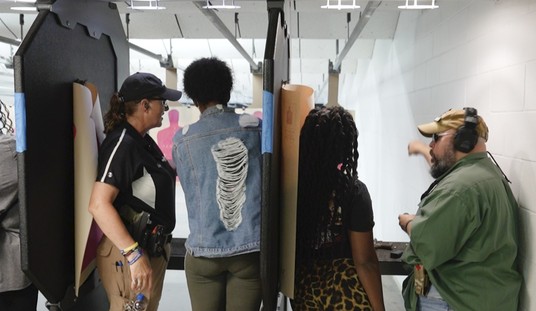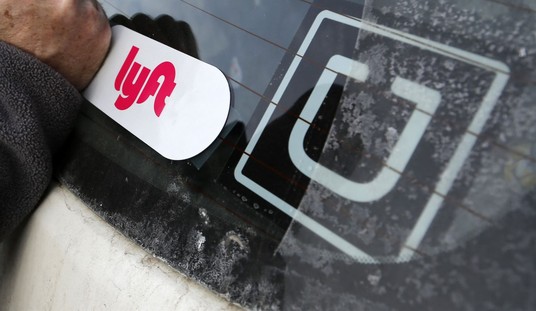We all want to find a way to solve the issue of mass shootings. They're a thing and are likely to remain a thing for the foreseeable future, unfortunately. Why? Because so far, we haven't got a clue what causes them, much less how to prevent them.
The truth of the matter is that I don't think there's just a single cause. We hope to find one because that would mean it's an easier fix than if there's a complex set of issues at play, because that means we only have to make one change to solve the whole thing, like picking that one spot in a tangled mess that you unknot and suddenly everything is better.
But, I admit I could be wrong. After all, if I knew the causes, we'd be talking about those rather than speculation.
The reason I bring it up at all is because of this piece about mass shootings, published on Saturday--the anniversary of the Columbine massacre--that lays the blame on men.
In a world where leaders of all stripes use the term “a just war” with a straight face, working to prevent mass shootings feels more within our grasp then say, ending the war in Gaza. What to do first? Change how we talk about the issue. That means refusing to speak out against generic “gun violence.” Until we’re willing to say, men’s gun violence, we’ll continue to miss the mark, falling short of any campaign to prevent mass shootings.
This is not a condemnation of men. The vast majority of men are not mass shooters. For decades, I worked at a men’s center, published a magazine promoting a new definition of manhood, and championed revisiting how we socialize boys, as early as preschool. More and more men are rejecting conventional masculinity.
The weakened, shell-of-itself National Rifle Association coined the oft cited cliché, “Guns don’t kill people. People do” more than a century ago. Variations have long been used to thwart gun control legislation. It’s astonishing how little pushback there’s been.
“People kill people?” Really? Sure, there are rare occasions when women pull the trigger, but as certain as I am that we’ll never hear a news report begin with the words, “A gunwoman opened fire today…,” I believe that to minimize mass shootings, we must move the question of the gender of the shooter from the periphery to the center of a long overdue national conversation.
Now, the author says he's not condemning men, even has he throws men under the bus. Realistically, no, not all men are killers. If so, we'd have a much bigger problem in this country, so instead he focuses on the need for things like gun control.
He also ignores the fact that women have, in fact, taken part in mass shootings. They're rare, but they exist.
However, I think he's kind of missing something important in what he wrote.
He talks about his work publishing a magazine for men that seems to examine masculinity through a feminist men and how "more and more men are rejecting conventional masculinity," but does he not see the correlation here?
Yes, more and more men are rejecting conventional masculinity, but during the time when this was gaining steam, we saw more and more mass shootings as well. He lists many in his piece, from Columbine to Lewiston, he comments on how there was no action on gun control, but he ignores that this was happening at the same time that men were being pushed to reject traditional masculinity.
Men throughout history have been the protectors of their families and their communities. The protector role is one that doesn't go into killing innocent people.
I can't help but ponder this as he tries to act like undermining conventional masculinity is somehow a good thing when it damn sure doesn't seem to be causing a reduction in mass murder.
Why would it, though?
Look, I don't care how people want to live their life so long as they don't hurt anyone else. They don't need my approval to live their way.
Yet when people try to tell me how to live my life, it irks me. I'm a 50-year-old guy who is pretty well set in my views on masculinity. I even wrote a book about it, for crying out loud. I don't get confused by conflicted ideas on masculinity.
Other people, however, do. That confusion can lead to anger and hostility, especially as this new view of masculinity tends to tell men that their innate aggression is wrong rather than teaching them how to channel in productively.
The author acknowledges the "rejection" of traditional masculinity and then never ponders whether that is even part of the problem or not.
Maybe if he had a bit more conventional masculinity in him, he'd be more aggressive and wondering that sort of thing.








Join the conversation as a VIP Member